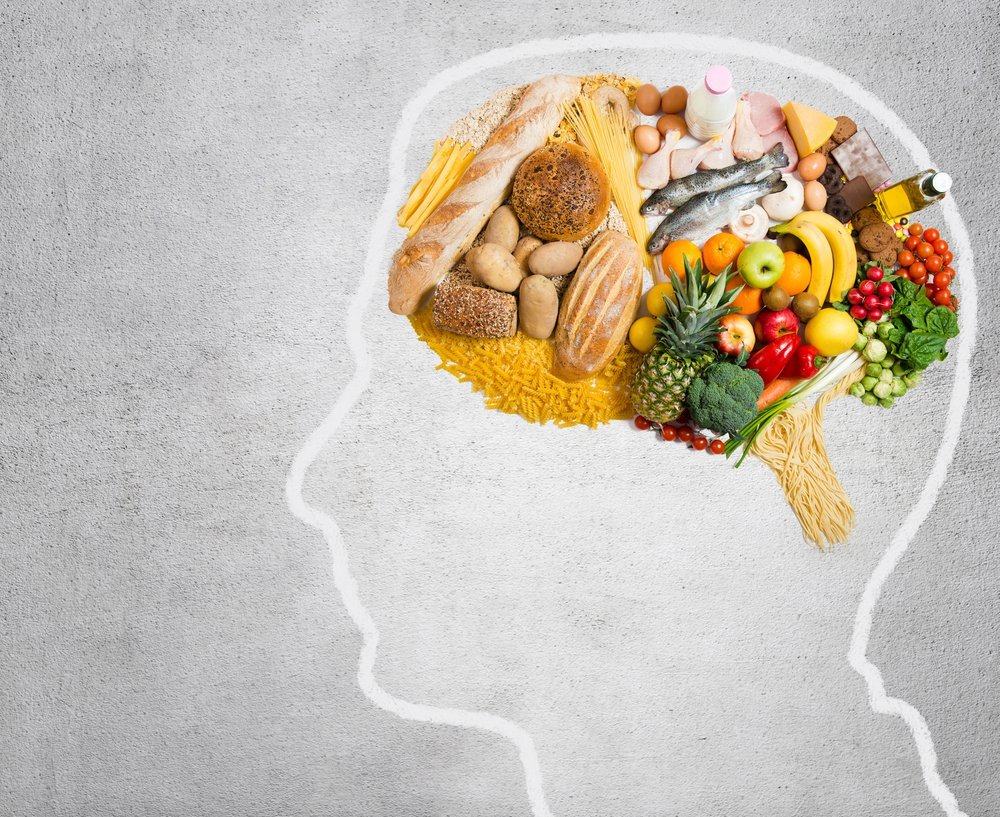Contents:
- Medical Video: A Diet that Helps to Prevent Alzheimer's Disease
- What is the MIND diet?
- The MIND diet can prevent Alzheimer's
- How to do a MIND diet?
- Food that must be propagated
- Foods that must be reduced or avoided
- Is the MIND diet healthy to do?
Medical Video: A Diet that Helps to Prevent Alzheimer's Disease
A new type of diet has emerged. This diet is called the MIND diet which is not only considered good for overall health, but also can reduce the risk of Alzheimer's disease. A diet is closely related to one's cognitive and motor skills. In addition, diet can also determine whether when you enter old age, you are vulnerable to dementia and Alzheimer's or not.
What is the MIND diet?
The MIND diet was first introduced by researchers from Rush University Medical Center in early 2016. The MIND diet is a combination of two types of diets combined, and aims to reduce the risk of Alzheimer's and maintain brain health. The word MIND stands for Mediterranean-Dash Intervention for Neurodegenerative Delay, which unites the Mediterranean diet, a diet commonly used for weight loss, and a DASH (Dietary Approaches to Stop Hypertension) diet that is usually recommended for people who have a history of hypertension. Both of these diets have been shown to reduce the risk of several degenerative diseases, such as sudden heart attacks and strokes.
While for now, researchers have proven that by combining these two types of diets, can support brain function, reduce the risk of dementia, and maintain memory of people who have entered the elderly. Therefore, the MIND diet is often referred to as a diet for the brain because it aims to maintain brain health.
The MIND diet can prevent Alzheimer's
The researchers tried to apply the MIND diet to a group of adults ranging in age from 58 years to 98 years, of whom nearly 75% were women. This study involved 923 elderly people who followed and observed their lifestyle and diet for 4.5 years. Each participant was asked to fill out a questionnaire about food, and answer questions related to their diet so far and then be compared to the suitability of the MIND diet. In addition, the researchers also conducted various tests to see the cognitive and memory abilities of the participants. There are 5 parts measured in brain function tests performed on participants, namely:
Episodic memory, namely long-term memory, such as certain experiences and situations
Working memory, namely short-term memory that is related to the learning process and is closely related to sensory ability.
Semantic memory, is memory that relates to ideas and concepts that appear to someone.
Visuospatial Skill, is the ability to understand a form or distance that occurs when working on something.
Perceptual speed, is the ability to be responsive and accurate in understanding a writing, letters, images, objects, and a pattern.
Then, the results found in this study were that, after 4.5 years had passed, it was found that 144 people who did not undergo the MIND diet were shown to have dementia, while those who applied the MIND diet everyday had a lower risk of dementia. From the results of these studies it is also known that applying the MIND diet can reduce the incidence of dementia in the elderly group to reach 53%.
How to do a MIND diet?
In the MIND diet, there are principles and groupings of foods that are considered healthy for overall health, both body health and brain health. There are foods that are not recommended for consumption because they can damage brain function.
Food that must be propagated
Here are 10 foods that are considered as healthy foods for the brain, namely:
- All green leafy vegetables, such as spinach, are consumed at least 6 times a week
- Various other types of vegetables, it is recommended to consume at least 1 serving a day
- Nuts, it's better to consume 5 servings in one week
- Berries, such as strawberries and blueberries, serve at least 2 servings in one week
- Complex carbohydrates, such as brown rice and wheat. We recommend that you eat this type of food 3 times a day
- Various types of fish are consumed once a week
- Chicken meat, can be eaten 2 times a week
- Olive oil, as an oil used for cooking like sautéing, but is not allowed to fry.
Foods that must be reduced or avoided
While the following are foods that must be avoided if you want to maintain brain health and avoid dementia, namely:
- Red meat, it's better not to eat red meat more than 4 times a week
- Butter and margarine, only allowed to use up to one tablespoon per day
- Cheese, consuming it should not be more than once a week
- Sweet foods, may not exceed 5 times a week
- Fried or junk food, it is recommended not to consume it more than once a week.
Is the MIND diet healthy to do?
The MIND diet has been shown to reduce the risk of dementia and maintain brain health. Even though you have a history of Alzheimer's disease in the family, it doesn't hurt to apply this diet, because it is not only good for brain health but also good for heart health. If you decide to go on the MIND diet then the following are additional recommendations that you need to do:
- Maintain your meal portion, still according to your needs and adequacy in a day
- Avoid foods that are processed, such as sauces and soy sauce, which actually contain hidden sugar and salt
- Eating lots of water, according to your needs
- Do regular exercise
READ ALSO
- Be careful, Paracetamol during pregnancy can interfere with the fetal brain
- Understanding How Our Brains Work
- How can memory in the brain be formed?












